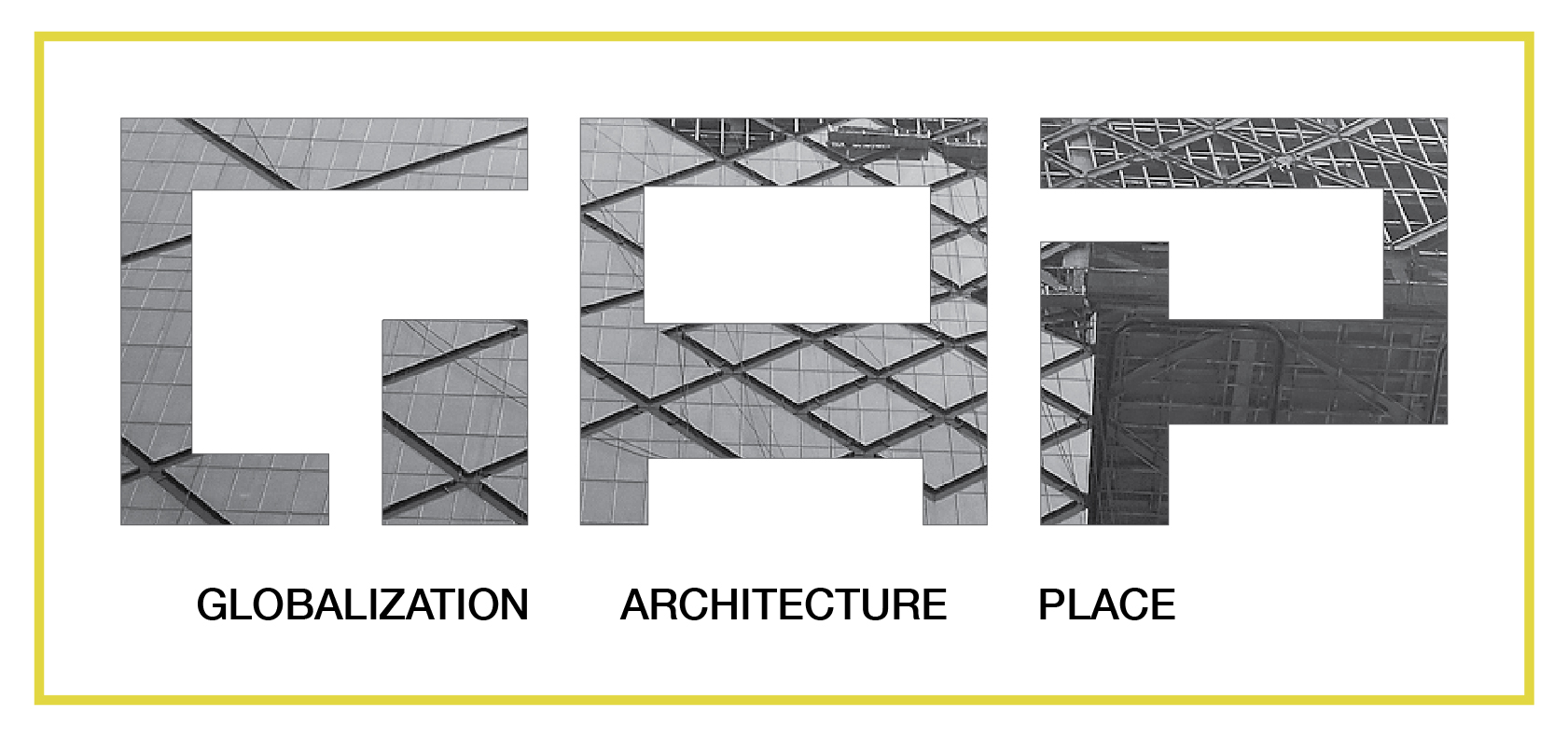The Global Nomad
“Globalization and its subsequent effects are generally described in a multitude of ways. These range from its being a process of liberalization, of universalization, or westernization to its being a form of internationalization. None of these captures the enormity of globalization’s impact than its depiction as de territorialization — a conception of the territorial where social, economic, and political spaces are no longer necessarily geographic. For the first time in history, cultural spaces are developing that have no tangible connection to geographical places. Our traditional territorial logic used to envision the world is being radically altered and forcing the adoption of a new method of conceptualizing space/geography.”
— from “The Global Nomad”
The premise of this chapter is that the status, relevance, and defining role of space rests on how we mitigate the rapid transformation of spatial perception and navigate the increasingly powerful technologies of global mediation. This chapter investigates the relationship of space to mediated space in three parts. The first part examines the conventional conception of space and its meaning within the existence of the everyday. The second part explores how the media technologies of globalization have deterritorialized our world by creating a supra territorialism that forces the transformation of our spatial imagination. The final part speculates about the potential of a spatial interaction more akin to the way traditional nomadic cultures related to and conceived of space.
“The Global Nomad.” Global Media, Culture, and Identity, Routledge (ISBN 978-0-415-87790-9) Pgs. 52-67. Rohit Chopra & Radhika Gajjala, editors.
